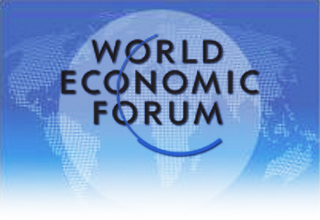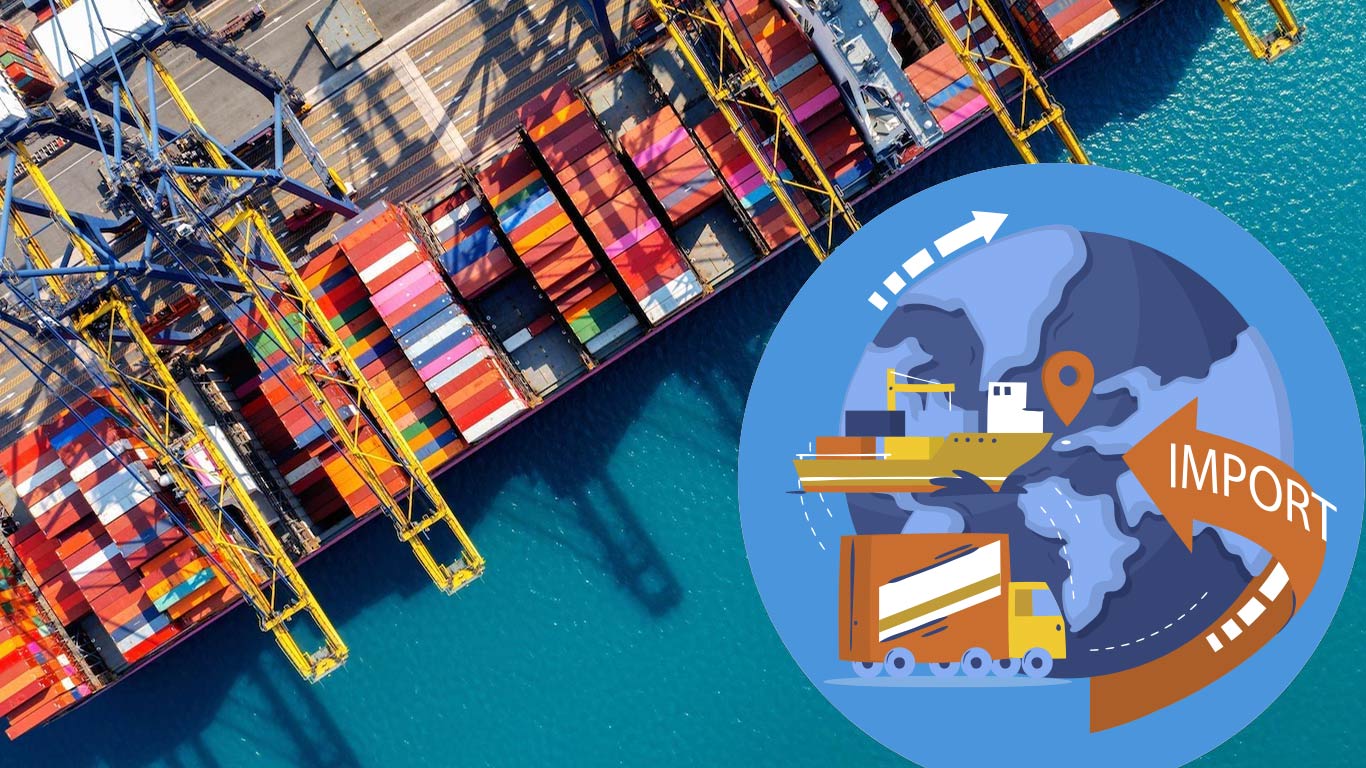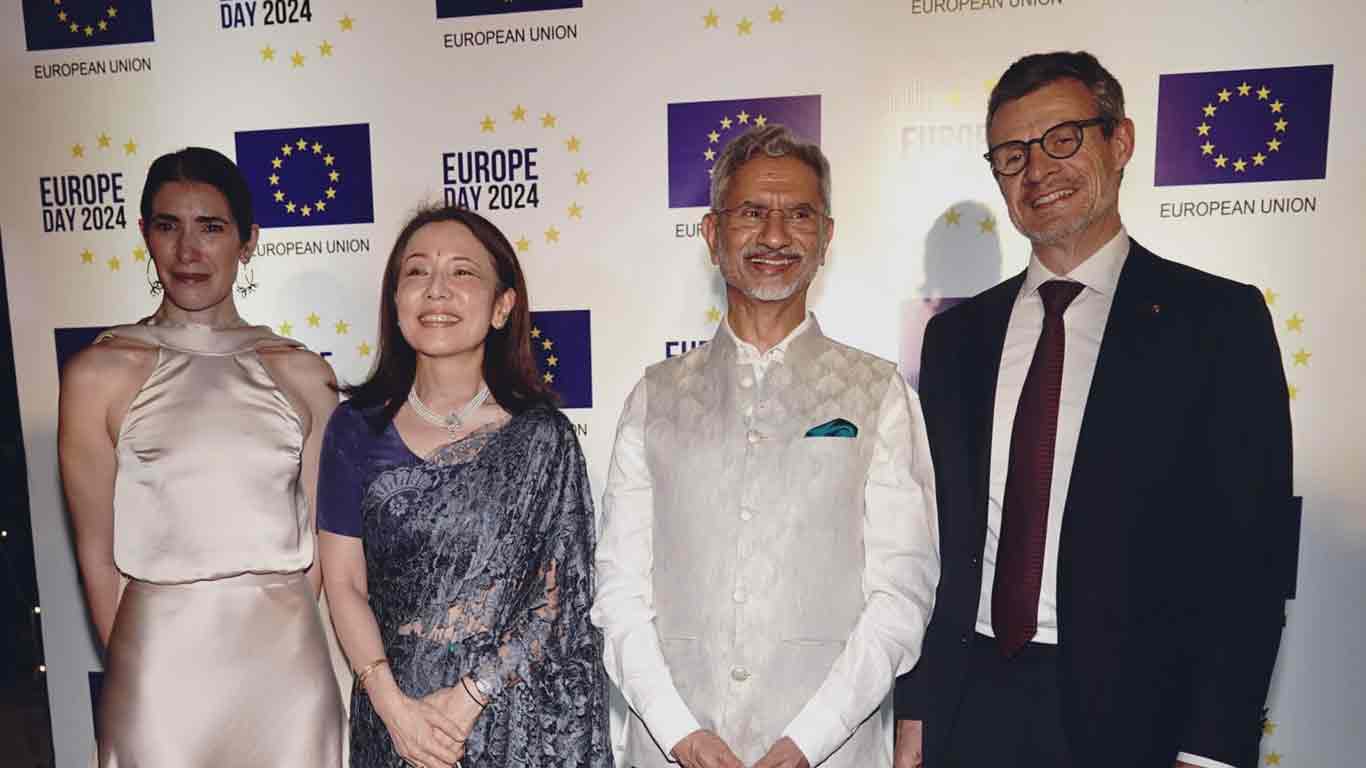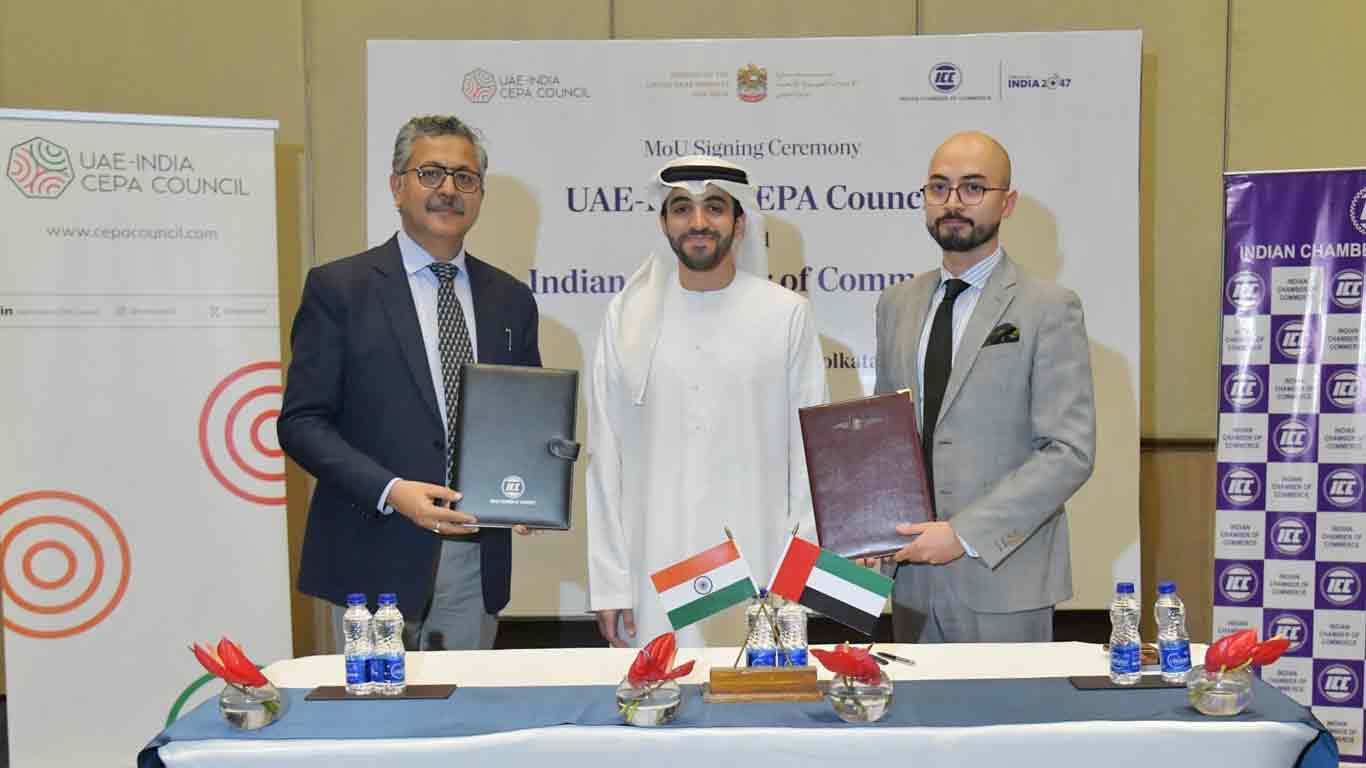Govt should create right incentives for biz to register & contribute their fair share, says WEF
Updated: Sep 04, 2014 01:18:04pm

After slipping down on the ‘Ease of Doing Business’ ranking by the World Bank, India’s ranking slipped to 71st position in 2014-15- the lowest among BRICS countries, in the Global Competitiveness Report 2014-15 released by WEF. India ranked 60 last year.
The report said that in most emerging Asian economies, common challenges include addressing the huge infrastructure deficit and improving regional connectivity; reducing red tape, which will promote economic formality and entrepreneurship and reduce pervasive and deep-rooted corruption; and improving market efficiency by phasing out distortionary measures.
“As the region’s poorest economies—such as India and Myanmar—are transitioning away from agriculture and developing a manufacturing base, they will need to create a sound and stable institutional framework for local and foreign investors and improve connectivity,” it said.
Access to loans remains very difficult for a large number of SMEs, WEF Report added.
Despite the abundance of low-cost labour, India has a very narrow manufacturing base. Manufacturing accounts for less than 15 per cent of India’s GDP, it said.
At 28th, China stands some 40 places ahead of India, the other regional economic giant.
Dropping for the sixth consecutive edition, India is the lowest ranked among the BRICS economies. The rank differential with China (28th) has grown from 14 places in 2007 to 43 today; while India’s GDP per capita was higher than China’s in 1991, today China is four times richer. “This competitiveness divide helps to explain the different trajectories of these two economies,” the report said.
The country has declined in most areas assessed by the GCI since 2007, most strikingly in institutions, business sophistication, financial market development, and goods market efficiency. India has achieved spectacular progress in various measures of corruption and now ranks 65th.
Red tape seems to be less of an issue than it had been, and government efficiency is equally improving. However, the overall business environment and market efficiency (95th, down 10 places) are undermined by protectionism, monopolies, and various distortionary measures, including subsidies and administrative barriers to entry and operation, the report said.
The World Bank estimated that it takes 12 procedures and almost a month to register a business. In addition, it calculated that taxes for a typical registered firm amount, on average, to 63 per cent of its profits.
Furthermore, the labour market is inefficient and rigid. These factors contribute to the high cost of integrating more businesses into the formal economy. “Some estimates find that the informal sector accounts for half of India’s economic output and 90 per cent of its employment,” said WEF.
It is therefore urgent that the government create the right incentives for businesses to register and contribute their fair share to the provision of public services, it added.
The report highlighted that only 15 per cent of Indians access the Internet on a regular basis. Broadband Internet, if available at all, remains the privilege of a very few. India’s knack for frugal innovation should contribute to providing cheap solutions for bridging this digital divide.
The services sector accounts for just 28 per cent of employment but for 56 per cent of the economy.
Most services jobs are low-skilled and poorly paid ones, though. White collar jobs remain rare.
WEF said that India needs to create jobs in the “missing middle” for the 610 million youths under 25—half of India’s population—who have recently entered or will soon enter the workforce. (KNN/SD)











